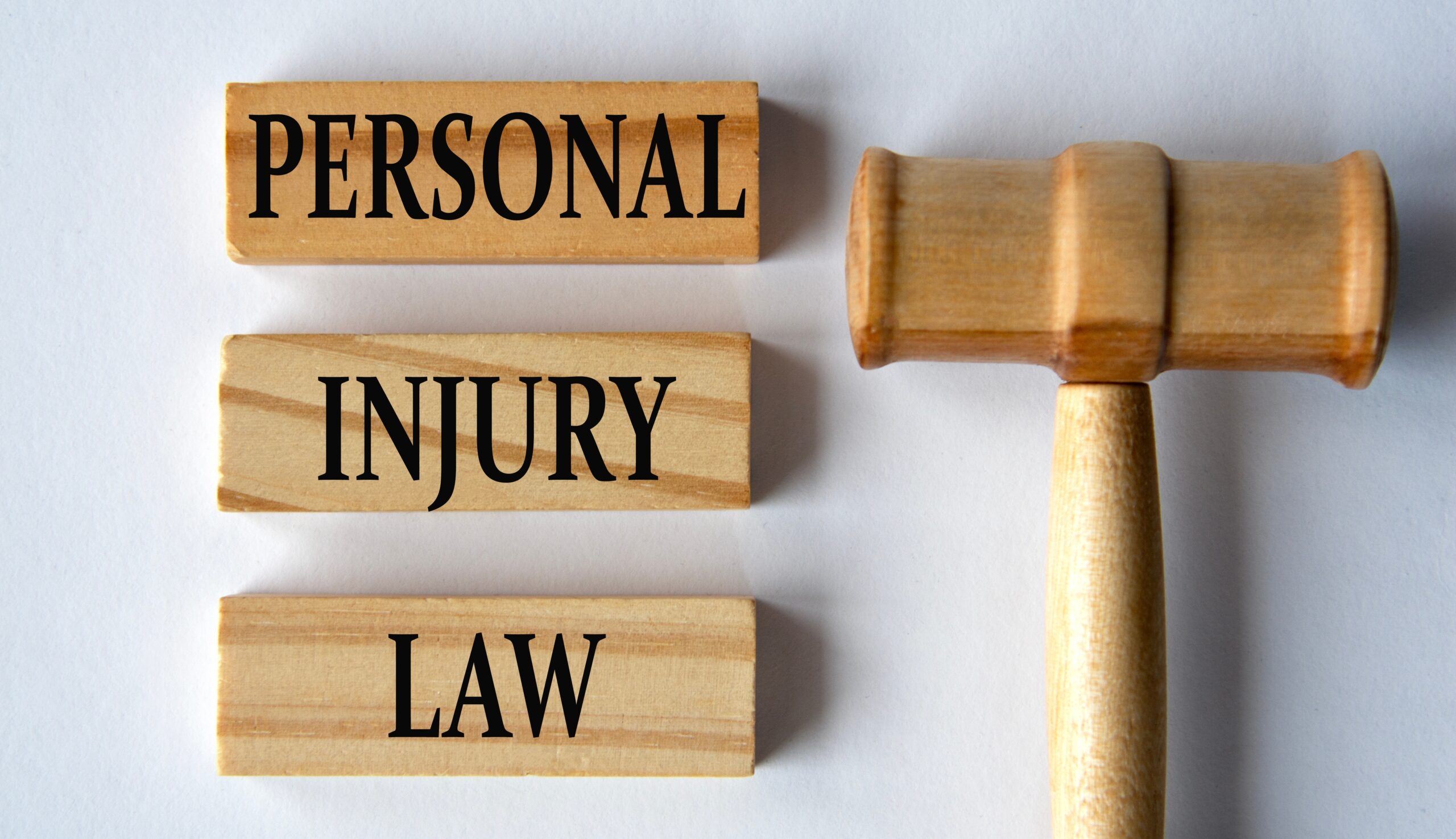Is My Landlord Responsible for Injuries on My Property?
It is important to keep in mind that not all injuries that occur at your residence are a landlord's responsibility. In order for anyone to be responsible for another person’s injuries, there must be negligence. This applies to everything from a car accident to a
slip and fall. However, landlords can be held liable if their actions (or inaction) caused a renter’s injuries or death. In some situations, a landlord may also be liable for injuries to guests or other visitors to the rental.
These cases fall under an area of law known as
premises liability. An experienced attorney can help you to determine if your landlord is responsible for your injuries and what you can do to pursue compensation for your injuries.
When is an Illinois landlord legally responsible for an injury to a tenant or a visitor to the property?
In most situations, landlords are responsible for tenant injuries if they fail to maintain or repair hazardous conditions. For example, if a tenant is injured after falling on a broken staircase, the landlord is likely liable.
Landlords must also notify tenants if they are aware of dangerous conditions that aren't obvious or may be hidden. A common example of this may be uneven flooring in common areas.
The court uses a standard of reasonableness when determining liability. Because of this, a landlord must take measures to prevent injuries that a reasonable person could have foreseen. This may be something as simple as a sign or email warning residents. The point is, they need to proactively protect the people they rent to and their visitors.
With all this being said, you should know that landlords can't be held responsible for freak accidents. If someone falls off a perfectly safe pool deck, the landlord will usually not be found liable. However, if the pool deck had rotting wood or missing handrails, then that would be considered a reasonably foreseeable event and they may be
held liable for damages.
What Kind of Incidents and Injuries are Landlords Responsible for?
Illinois holds landlords to what is known as an implied warranty of habitability. The implied warranty of habitability states that everyone is entitled to a suitable place to live, regardless of circumstances. The definition can vary, but it generally means that a landlord must keep their rental property compliant with building, housing, and health codes. If they fail to meet this standard, they may be held liable for injuries and harmful incidents that occur on their property.
A landlord can be held liable for incidents that cause injury or harm as long they meet the standards layout above. This may include:
- Injuries from a fall or dangerous incident
- Illness caused by mold or pathogens
- Crush injuries caused by falling objects
- Drowning injuries caused by unsafe pool areas
- Harm or injuries caused by lack of security
- Injuries caused by fire
- Falls caused by dangerous staircases
Any resulting damage from a landlord’s failure to maintain a safe property may be considered their responsibility. This could include theft, damage to a tenant’s personal property, wrongful deaths, and a myriad of physical injuries like
broken bones,
severe burns, and
head injuries.
There Must Be a Direct Link Between the Incident and Injury
In order for landlords or property managers to be held liable for these kinds of incidents, it must be demonstrated that there were actual resulting injuries. Sometimes an incident scares or worries a tenant and they think they can take action for “what could have happened”. This is not the case. Tenants must demonstrate that their injuries or illness directly resulted from the landlord's carelessness and not for some other reason.
Sometimes, the link between the injury and the landlord's actions is obvious, such as a severe burn caused by a broken water heater. But in other instances, the connection isn't so clear. For example, if a person has mold in their apartment and develops an illness, they would have to prove that the mold in the residence directly caused them harm.
Is a Landlord Liable for a Slip and Fall on Their Rental Property?
In some situations, landlords are liable for slip and falls that happen on their rental properties. The hazard that caused the fall must be something the landlord knew about or should have known about; and failed to take steps to prevent. Just because you live in a rental property does not mean that your landlord is responsible for every injury.
For example, if you slip on your wet kitchen floor after mopping, your landlord is probably not responsible. However, if you
slip in your kitchen because of a roof leak and you’ve brought this to your landlord’s attention, you’ll have a strong case.
Falls that happen outdoors could also be considered your landlord’s fault if they occur under the same principle of negligence. For example, if multiple people have reported that water collects in the stairwell and it causes a fall, the landlord may be found responsible.
Some common causes of slip and falls at rental properties include:
- Loose handrails
- Poor lighting
- Torn carpets
- Loose floorboards
- Dangerous stairs
- Leaking ceilings
- Water in parking garages
Is a Landlord Liable for a Dog Bite That Happens on Their Property?
There are very few circumstances under which a landlord would be liable for a dog bite at a rental house or apartment. For the most part, the dog’s owner will be liable for any injuries caused by an attack. In limited situations, a landlord could share some of the fault if they knew about the aggressive dog but failed to do anything about it.
Is a Landlord Liable for Injuries or Death Caused by a Fire?
A landlord can be held liable for deaths and injuries caused by a fire if the reason for the fire was improper maintenance. For example, a neglected electrical system or malfunctioning appliances can lead to fires.
A landlord may also share some liability if the reason for the injuries was a lack of smoke detectors. The
Illinois’ Smoke Detector Act outlines how many smoke detectors that each type of property needs and where they should be located. A landlord who violates this act, or any other fire safety code, leaves tenants vulnerable to potentially deadly conditions.
Fires can not only cause death in worst-case scenarios. They can also cause severe burns, smoke inhalation injuries, and exposure to toxic fumes. Tenants who survive a fire could have
severe scars, disfigurement, and long-term breathing problems.
Are Landlords Responsible for Injuries Caused by Broken Staircases and Porches?
Landlords can be held responsible for injuries caused by a
broken staircase or broken porch if they knew or should have known about the hazard. For the most part, these hazards are reasonably discoverable during an inspection. If a staircase or porch becomes broken at any time, a landlord who is given notice has a responsibility to fix the dangerous situation in a timely manner.
Can a Landlord Be Held Liable for Crimes on their Property?
Generally, Illinois Law does not require a landlord to protect a tenant from the criminal actions of third parties (i.e. strangers). The landlord is responsible for keeping their building safe, not for protecting their residents from criminals. However, in specific circumstances, landlords in Illinois can be held liable for injuries caused by crime.
For example, a landlord may be held legally responsible for injuries caused by crime if they failed to provide a promised security measure. For example, if your lease mentions some specific security feature and then neglects that feature, they may be held liable.
Another example is if the crime was foreseeable. This depends on whether a jury thinks a reasonable landlord would have foreseen the probability of the crime occurring.
For example, say your apartment building was supposed to have working locks on all entry doors. You and other residents repeatedly complain that they are not working. Someone breaks in and injures you in the process. You would probably have a strong case because there was both a failure to provide a promised security feature and a broken lock is an obvious reason the assault occurred.
Can a Property Manager or Maintenance Company Be Held Responsible for My Injuries?
In some circumstances, a maintenance company or a property management company could be held responsible for an injury if they failed in their duties. Proving this can be complicated because of contract disputes and who had notice of the issue. This is why it’s important to have an experienced attorney handling your case.
Contact a Chicago Premises Liability Lawyer If You Were Injured While Renting a House or Apartment
If you or a family member were injured while renting a home or apartment, speak to a premise liability lawyer at our Abels & Annes Chicago office. The issue of liability can be complicated and depends heavily on the circumstances of your specific case. For a free review of your injury claim, call us at 312-924-7575 or
contact us online.
David Abels
Partner
David Abels has carved a niche for himself in the personal injury law sector, dedicating a substantial part of his career since 1997 to representing victims of various accidents. With a law practice that spans over two decades, his expertise has been consistently recognized within the legal community.
Author's Bio



